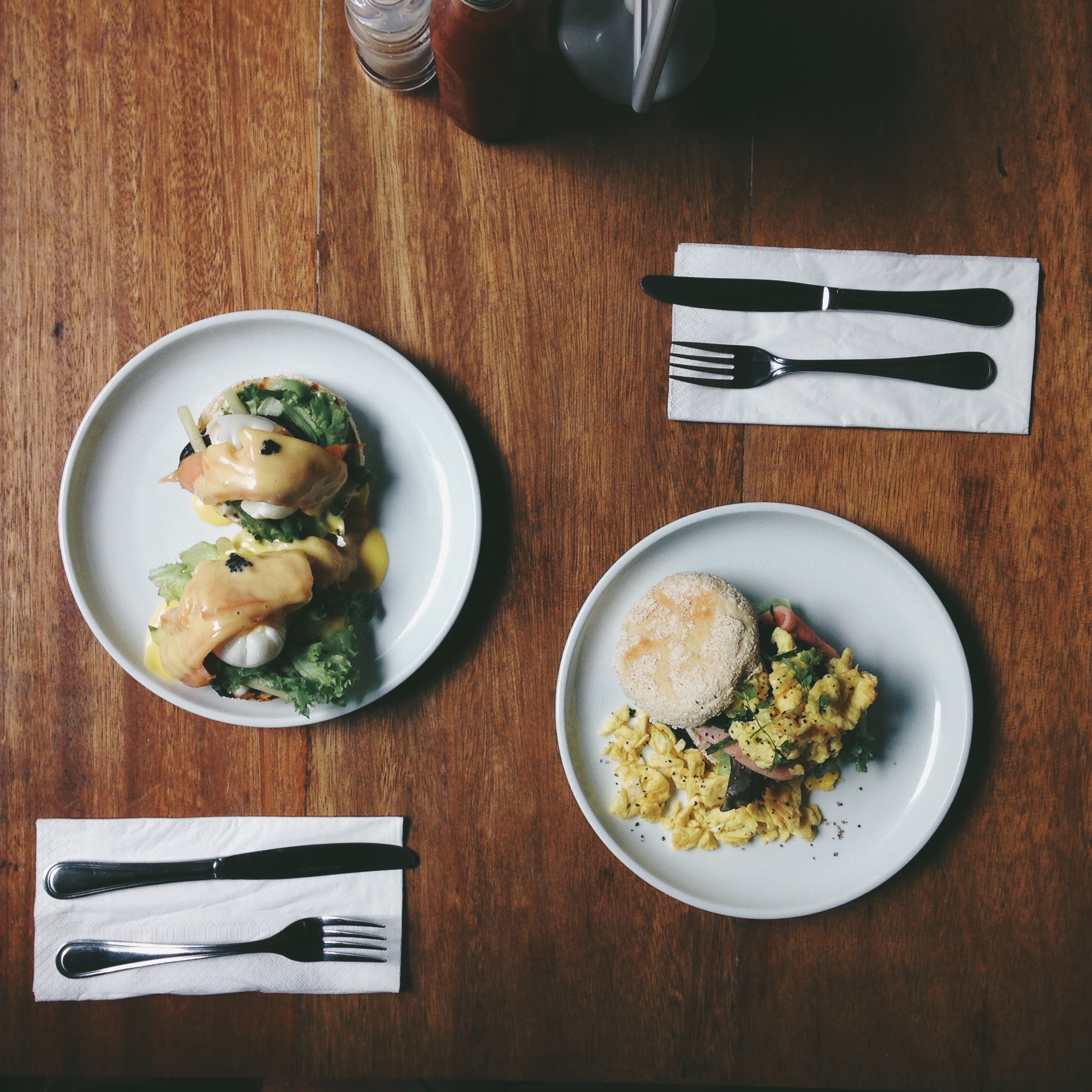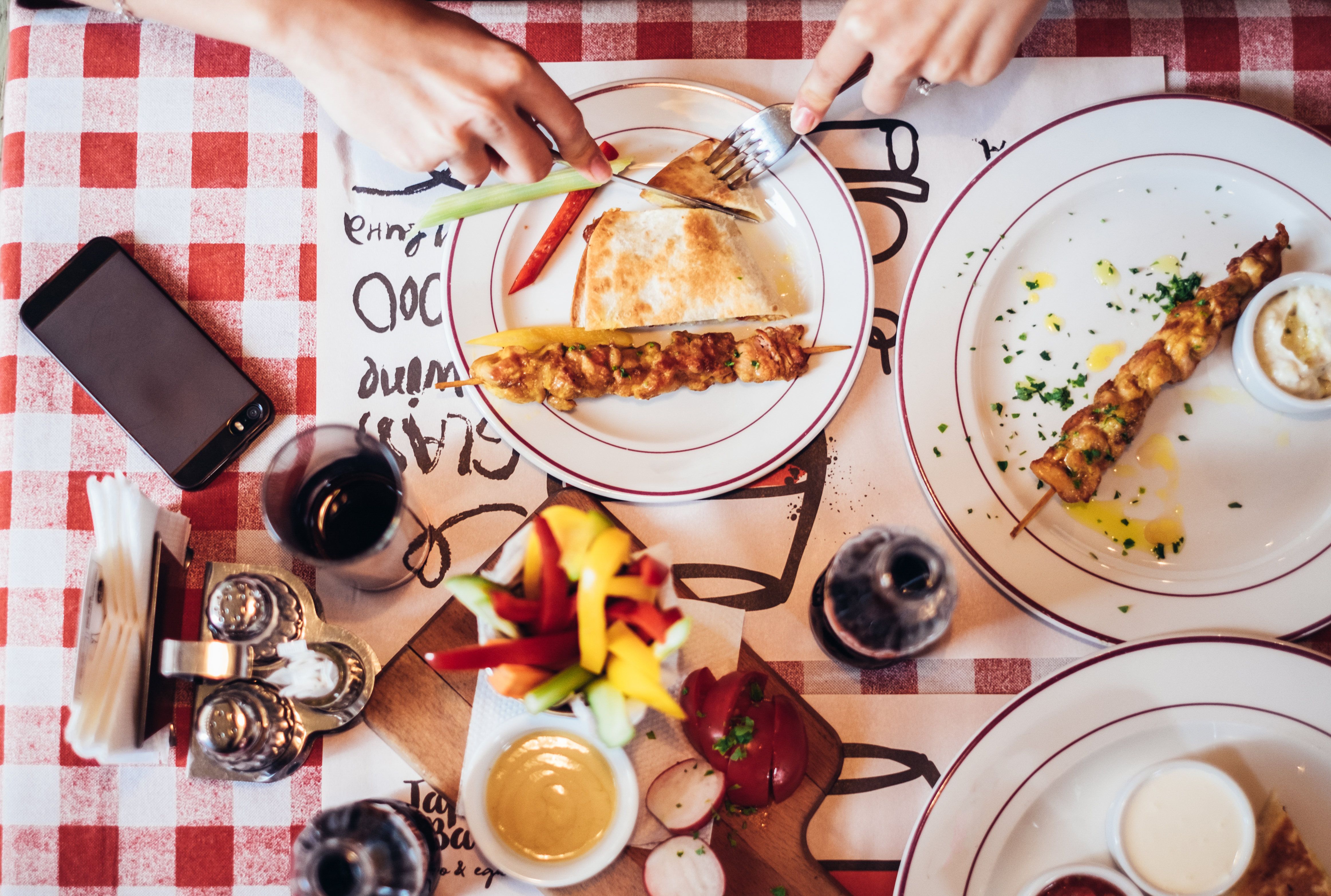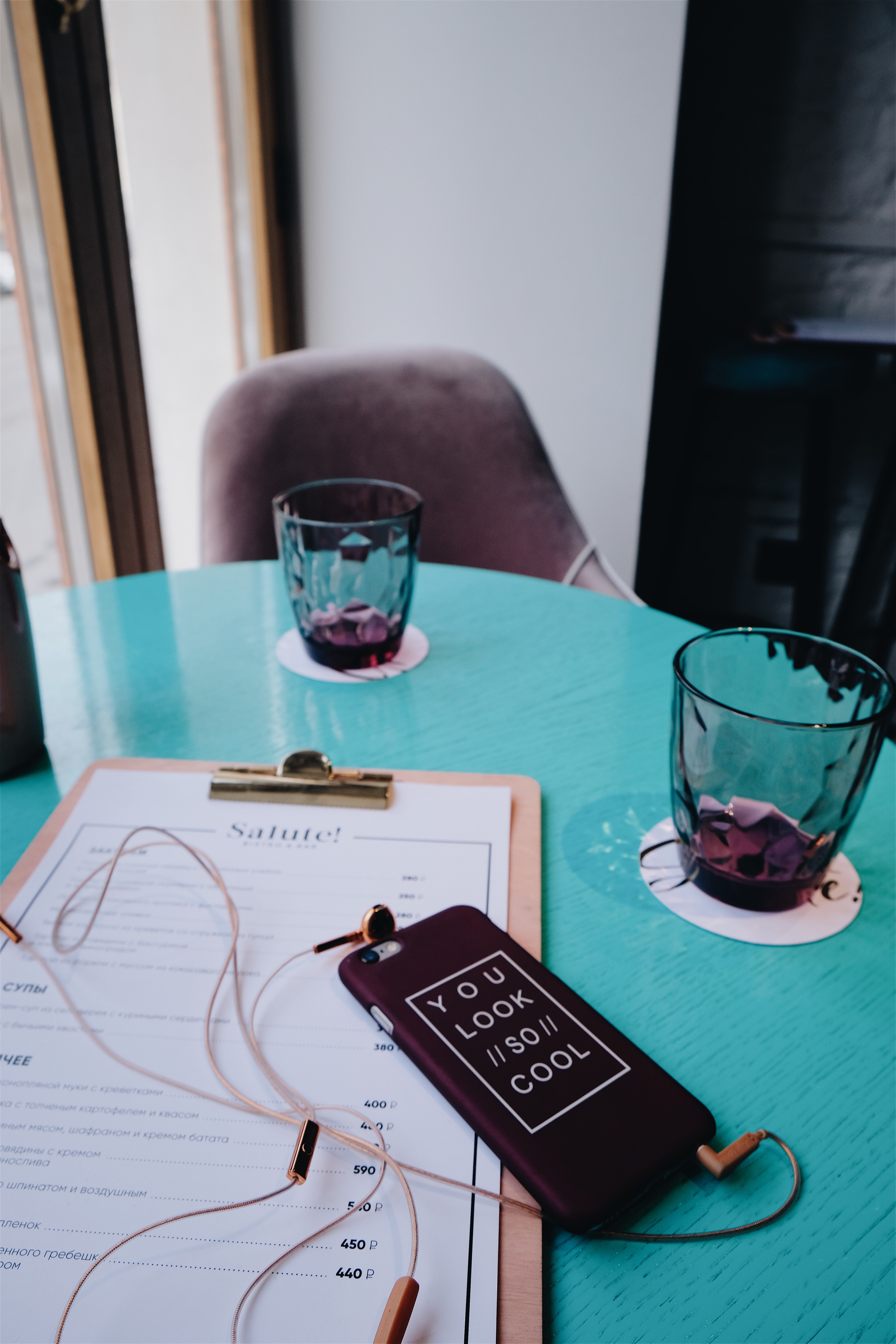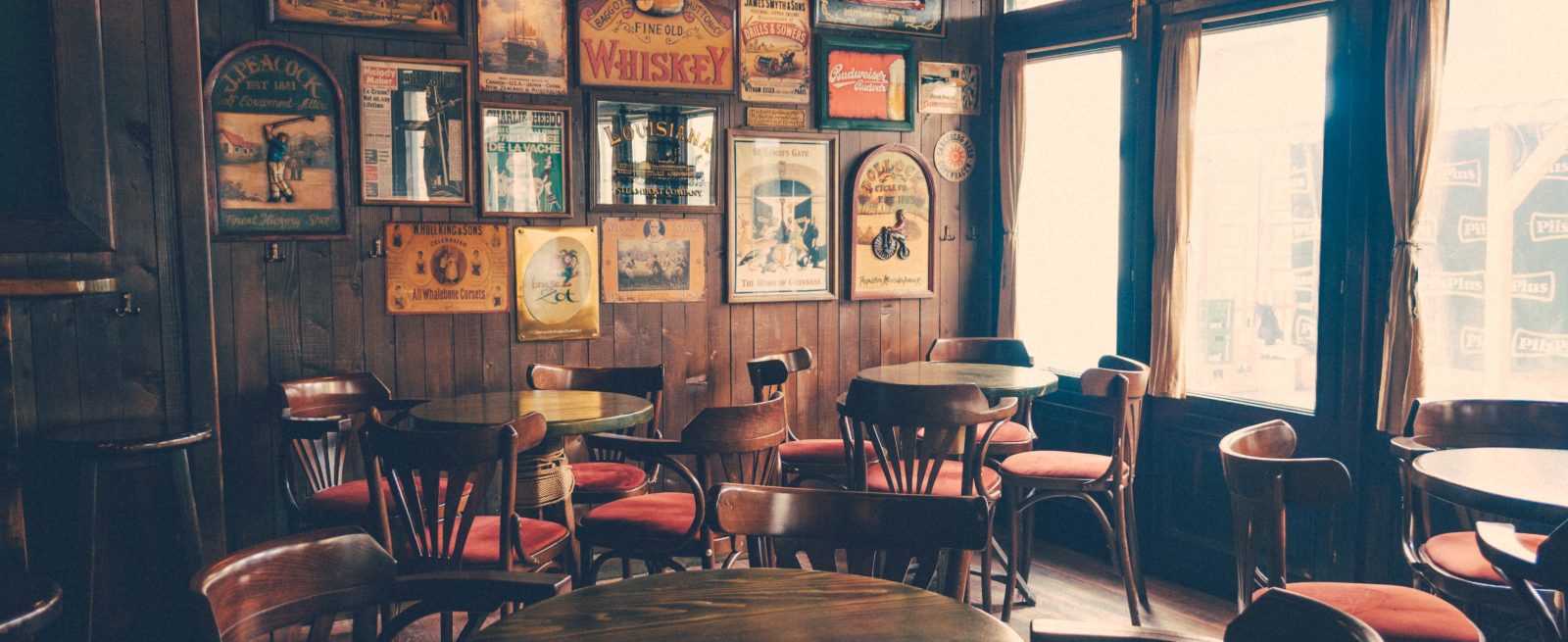Five Keys to Selecting the Perfect Restaurant to Buy
5 Min Read By Bruce Hakutizwi
While choosing which restaurant to buy isn’t quite as simple as choosing what looks best to you on the menu, it doesn’t have to be terribly difficult either. In fact, if you’re already certain that you want to buy a restaurant, choosing the best one for you can be boiled down to five key factors, in order of importance:
- Location
- Menu
- Staff
- Reputation
- Financials
Location is the Most Important Factor
No matter how fantastic the food and service is, if a restaurant is not ideally located, it will struggle to succeed. The number of other choices available to customers is simply too great to force them to deal with the inconvenience.
Some things to consider when judging a prospective restaurant’s location include:
- Is it within convenient walking and/or driving distance of a large enough population to easily support it?
- Does the local population line up with the demographic you’re targeting? (i.e. if you’re trying to open a high-end, fine dining experience, do the local customers have enough discretionary spending money to support it?)
- Is there adequate parking outside and seating inside to support the kind of crowd you need to serve at any given time?
- How might the neighborhood change in the foreseeable future, and how might that impact the above questions?
When evaluating a restaurant for purchase, one of the first questions to ask is, “why is the current owner selling?” If the answer indicates the location is less than optimal, that should probably be a deal breaker.

It’s important to note, too, that location is the only one of the five keys we’re discussing here that matters regardless of what you plan to do with the restaurant once you buy it. If your plan is to find an existing restaurant to purchase so you can completely mold it into your own brand new restaurant, then you can probably skip the rest of these keys as you’ll be in complete control of them, because you’ll be starting from scratch. However, even in that case, location is the one factor you can’t overcome with a more clever idea, more effective planning, or better execution.
For the rest of these keys, we’ll assume your plan is — at least to some extent — to continue with the current owner’s overall operation.
Why the Menu Matters
Second only to where it is located, the menu is the most important factor to consider when buying a restaurant. After all, the food is really the only thing your customers are interested in when they step through your door. Service, ambience, entertainment, and more can add to or take away from the customer’s overall experience, but they’re coming to you for the food and will stay away if it’s not to their liking.
The menu includes three distinct items to consider:
- Ingredients and recipes
- Presentation
- Price
To a large extent, the kinds of foods that appear on the menu and how they’re presented are what create a restaurant’s identity. You should be able to tell the difference between a casual dining experience serving classic American fare and a gastro pub with Greek influences, just by glancing at the menu. If the restaurant’s identity isn’t that clear, or if certain items jump out at you as being out of place, that’s a problem.

Likewise, the pricing should fit in neatly with the identity a restaurant is portraying and the clientele it serves. It’s not going to be easy to sell a cheeseburger for $39.
Finally, and perhaps most importantly, is the quality and taste of the food you order off that menu. So, for any restaurant that makes your short list of possible purchases, make a point of visiting several times and ordering a meal. Perhaps take some friends or family with you and grill them with questions afterward. You’ll learn more as a customer than you ever could as a prospective buyer.
Evaluating the Current Staff
Something else you can evaluate better as a customer is the skill and experience of the current restaurant staff.
Of course, you’ll be making note of how your server(s) interact with customers, and you should probably make some special requests or even test their handling of unique situations while in the guise of the customer as well. You can also make a point of visiting on several different days and times of the day to make sure you’re experiencing the work of different kitchen staff as well. Take notes to discuss with the owner — if and when you get as far as a face-to-face conversation — during the due diligence stage of your possible purchase.

As part of that pre-purchase investigation, you’ll also want to review:
- The level of turnaround the restaurant has experienced. It’s normal for any restaurant to have a revolving door for servers, hosts, and dishwashers, but if they haven’t been able to keep a head chef or assistant manager on duty for more than two months, there may be something fundamentally wrong.
- Who among the current staff are your “go to” people who make up the core around which the restaurant’s daily activities revolve.
- The staff’s pay and how it compares to the restaurant’s local competitors, since that’s who is likely to lure your best workers away from you.
It may sound cold, but the staff is always replaceable. As a new owner of an existing restaurant, your responsibility when it comes to the current staff is to determine who best fits with the restaurant you want and need to operate, and make sure those individuals are willing and able to support that vision.
A Restaurant’s Reputation is Tough to Live Down
It may not be fair, but simply putting up an “under new management” sign is rarely enough to undo serious reputation problems caused by a previous owner. If the public connects the restaurant you’re considering buying with any kind of scandal or negative situation, there’s a possibility that nothing short of a completely new restaurant will suffice to make a success of it.

To the extent that’s possible, speak to current and former staff, as well as people who live and work nearby, to try and obtain an unvarnished account of the reputation the restaurant has in the area. Another good source of information is online reviews and social media channels. As you gather this information, it’s important to recognize that this factor isn’t necessarily fair. The current owner and staff may not deserve the reputation they have. Unfortunately, though, that doesn’t change the impact it has on your chances of success if you plan to buy the restaurant and keep using the same name, branding, decor, and menu.
Finally, Review the Financials
In most discussions about buying a business, the business financial records are considered the most important item to get your hands on during due diligence. And, the importance of the restaurant’s financial records shouldn’t be downplayed because they’re an important indicator of how well it’s been doing and the starting point you can expect if you go ahead with the purchase.
But, in the context of the other four factors we’ve considered, the business’s balance sheet and cash flow are actually the least important. If you’ve already thoroughly investigated the first four factors and found everything to be very positive, it’s highly unlikely you’ll find anything unexpected in the financial records. What’s far more likely is that something you’ve already come across will have planted some serious apprehension in your mind, and a review of the financials will confirm that the previous negative factor has hurt the restaurant’s financial wellbeing, as it should.
So, if you’re considering buying a restaurant , you now know the five keys to selecting the perfect one for you.


